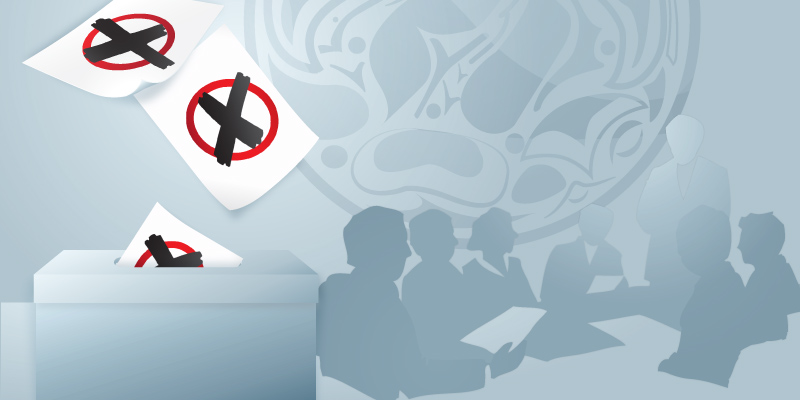indian act
Alberta and Manitoba have the highest percentage of on-reserve homes in need of major repair.
Carolyn Bennett, the minister of Indigenous and Northern Affairs Canada, says her government won’t enforce the First Nations Transparency Act.
Because of the Indian Act, First Nations people in Canada who choose to live on a reserve are grouped in the same category as children.
Despite headlines about poverty and low graduation rates, some First Nations communities in Canada are experiencing success.
A small First Nations community called Whitecap Dakota, located just outside of Saskatoon, has a lot to celebrate on National Aboriginal Day.
National Aboriginal Day is a time for Canadians to reflect on the contributions of Aboriginal peoples in Canada. Sadly, on this day most people will instead consider the sorry state of reserve communities and ask why, despite years of well-intentioned government programming, nothing ever seems to get better for Aboriginal people.
In the midst of the Cold War, Ronald Reagan used to say you could tell a lot about a country by what happens when its gates are flung open. If people flowed in, it was an obviously desirable nation; if they ran out, not so much.
Reagan meant it as a criticism of collectivist countries, where almost every sort of freedom and opportunity was restricted, including economic, religious, media, and freedom of association (i.e., to belong to a union or some other group).

